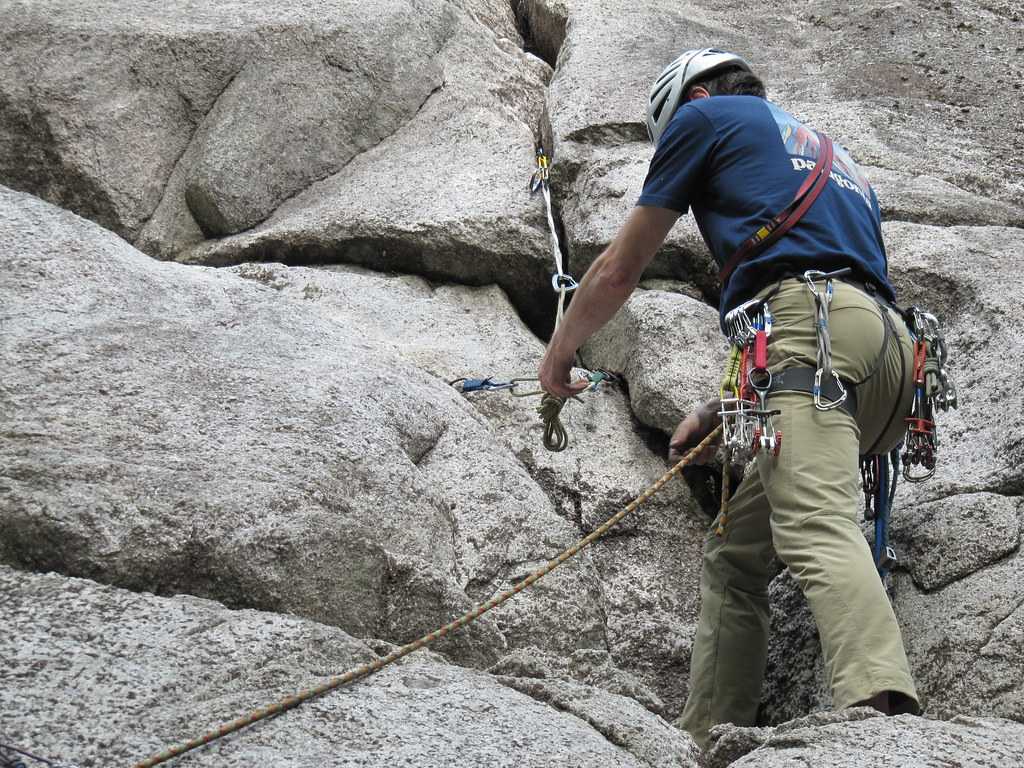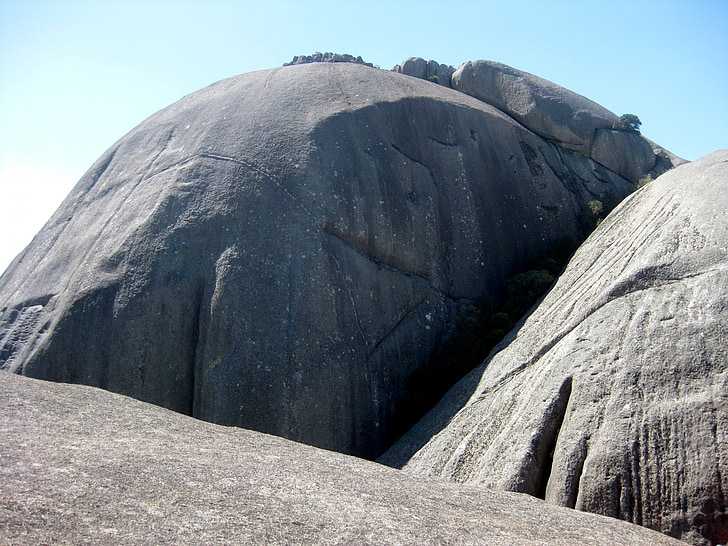Rock climbing is popular in South Africa, especially in Cape Town because of the several mountain ranges that surround the city. Besides, the beautiful highland topography along with the waterfalls, valleys, forests, etc. make the rock climbing experience an absolute delight.
Here is all you need to know about rock climbing in Cape Town.
Types Of Rock Climbing
Rock climbing may seem like the simple act of climbing on the face of a rock, however, there are various types, styles, and ways to do so. Experienced climbers would understand climbing-related jargon. But those who have never tried a hand at it can find the terms and types a little confusing. So to make it simpler, here are a few types of rock climbs.Trad Climbing

Trad or traditional climbing refers to climbers carrying with them equipment, such as hexes, nuts, and cams that they place into the rock crevices to protect them from falling. These accessories are removed after the completion of a pitch. While putting the gear into the cracks the climbers attach the rope to them as they continue upwards. The second climber following them removes the gear. This ensures that the rock face is not contaminated with leftover gear. Trad climbing requires a lot of experience and understanding of the rock face, climbing technique, and teamwork.
Sports Climbing

Bouldering

There are also indoor rock climbing types that include bouldering, top roping, and lead climbing.
Rock Climbing Terminology

Also, climbs are assigned different grades according to their difficulty. Grade 1 is an easy route, Grade 2 is not technical but might have a few sharp-edged outcrops, Grade 3 is a moderate to slightly difficult climb and Grade 4 is a highly technical and hard route to pursue.
Best Rock Climbing Locations in Cape Town
There are several opportunities for rock climbing in and around Cape Town. Table Mountain dominates the overall upland terrain, however, there are also many other ranges, peaks, and boulders that are ideal rock climbing locations. Most of the rock climbing in Cape Town is traditional. However, there are also around 350 sports routes.Below are some of the mountain landscapes that are popular rock-climbing spots in and near Cape Town.
1. Table Mountain

2. Cape Peninsula

3. Paarl Rocks

The majestic granite domes of the Paarl Rocks are a magnificent rock climbing destination. Located 60km north of Cape Town the Paarl Rocks Mountain Reserve offers both multi-pitched and single-pitch routes. The surroundings are tranquil and the rock climbing experience is both fun and unique with trad and sport climbing available. The popular individual boulders to climb are Gordon Rock and Britannia Rock. Some of the routes and sections include the Belly Button Slab, Two Cents Slab, Crank Prank section, and more.4. Hellfire
A great sport climbing spot, Hellfire has around 160 traditional routes and 45 sports routes. Located in the Limietberg Reserve one needs to obtain a permit to climb in the area. The routes are usually single or double pitched and the rough hard red sandstone merits experienced climbers to conquer the slopes and crags.5. The Cederberg

6. Lions Head

6. Du Toit’s Kloof
Located between Worcester and Paarl Du Toit’s Kloof is home to magnificent valleys and sandstone slopes. With more than 65 traditional routes and boulder climbing, one needs a permit from the Cape Nature Conversation before climbing in this area. The routes are not for beginners, especially the Newborn. Exposure in F major, Prime Time, and North by North-West.7. Montagu
A two-hour drive from Cape Town, Montagu’s sandstone mountains offer some of the best rock climbing opportunities in South Africa. With routes for all levels of climbers, there are more than a total of 500 routes that climbers can choose from. Some of the most popular routes include Eagles Folly, Cool Like That, Chocolate Speedway, Thruster, and more. Also, Montagu receives very little rainfall making it accessible even during the wet winters.Some of the other areas in and around Cape Town to try rock climbing include the Garden Route (along the southern coastline), Kleinmond (sea village), Oudtshoorn (only limestone climbing in South Africa), and more.
Indoor Rock Climbing in Cape Town

Best Time
The best time to visit Cape Town for rock climbing is during spring and autumn. Hence, September to November (spring) and March to May (autumn) are the ideal months to plan a trip to Cape Town. During summers (December – February) the temperatures may rise to above 30 degree Celsius making the climb rather tiring for the rock climbers. Also, the rock surfaces tend to get hot during the summer. The rainy winter season from June to August is not advisable for rock climbing, considering the slippery slopes, as well as the risk of climbing during heavy rainfall. However, if you are keen on climbing during the winter, you must closely watch the local weather before starting the climb.Tips
- Be educated and aware of what rock climbing is all about. For beginners, it's absolutely essential to understand the basics of rock climbing. You can read up or search online to get a good hang of rock climbing terms, styles, and concepts.
- Choose an authentic and experienced rock climbing company. There are many operators available both online and offline.
- Listen and follow instructions closely. Your climb leader or guide will explain the workings of the equipment and safety instructions. Know exactly how to operate the gear, when to use them, and follow all safety protocols as advised by the climbing company.
- Wear comfortable clothing and sturdy shoes for the climb.
- Many of the rock climbing locations also offer other activities, such as hiking, camping, etc. You can plan the climb in accordance with other adventure activities too.
- There are simple and easy rock climbing locations for children too. Most indoor climbing gyms have special kid sections and facilities for climbing. Besides, relatively easy outdoor rock climbing areas are perfect for children, such as the Deer Park City Vista Boulder in Table Mountain.
- Certain climbs require explicit permission from Cape Nature Conservation. Ensure you have all the required documentation and permissions before planning the climb.
- Rock climbing requires focus, diligence, and a basic understanding of the sport itself. Cape Town's perfectly set terrain is ideal for rock climbing for all levels, grades, and types.